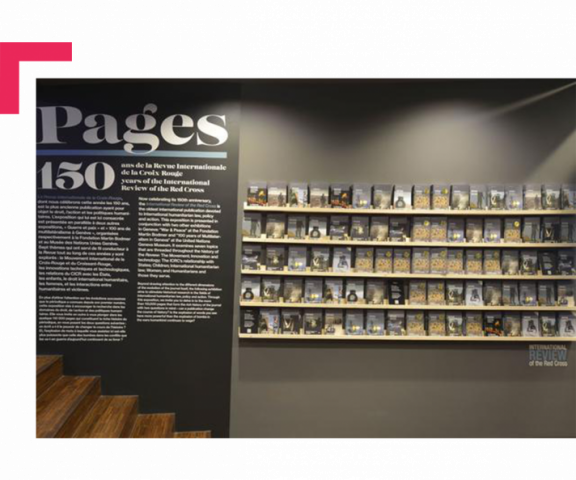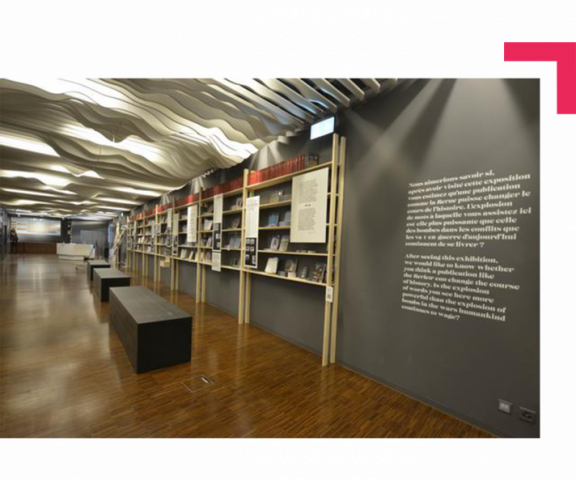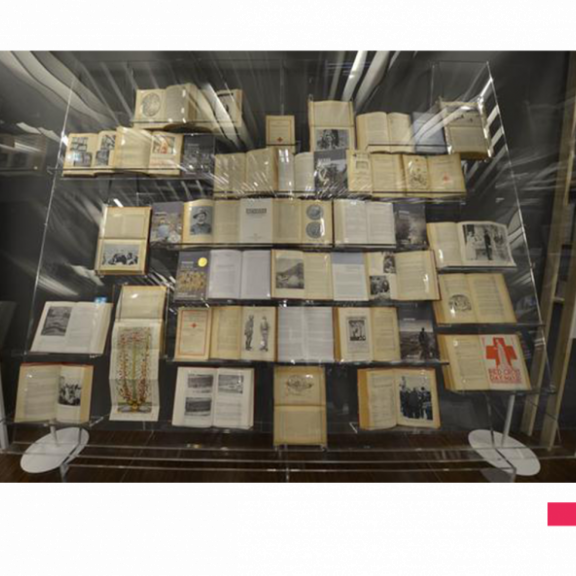ICRC
150 years of humanitarian reflection
In 2019, the International Review of the Red Cross is celebrating its 150th anniversary; an event which the ICRC decided to mark by making more than 30,000 archives, from 1869 to the present day, freely accessible to the public on a completely revamped website.

“The International Review of the Red Cross is considered a real reflector of change in humanitarian communication.”
Founded in 1869, the International Review of the Red Cross is an academic journal produced and published three times a year by the International Committee of the Red Cross (ICRC). The publication is read by governmental authorities, international organisations, NGOs, humanitarian professionals, academics and all those with an interest in humanitarian issues.
"The publisher we work with gave us the entire archive. 3 years ago, we wondered how we could make best use of this content. And particularly because it was clear that expectations were high among researchers and historians, among others, who wanted to be able to access this information", explains Nicole Martins-Maag, Acting Head of Unit, ICRC.
Originally designed to provide operational information, the journal is now a vehicle for academic discussion. The International Review of the Red Cross is considered a real reflector of change in humanitarian communication.
In 2017, the project to revamp the site began to germinate in Nicole Martins-Maag's mind.
The objective: to completely revamp the existing site, give it a new and more modern interface, make it easier to navigate, and add multi-language and right-to-left functionalities.
“SQLI's proposal ticked all the boxes. The suggested design was just what we wanted and the teams understood our business needs and requirements perfectly. What was particularly pleasing was that SQLI got straight down to business: the experts carried out a data import simulation to demonstrate the feasibility of the project. They really got stuck in, although we were still only at the tender response stage. And that was very reassuring”, stresses Alexis de Roquemaurel, ICT Project Manager, ICRC.
Hundred-year-old archives on a modern web platform
The project was launched in January 2019. SQLI's experts are developing the new platform on Drupal 8, a CMS which greatly simplifies content creation and management.
"We had scheduled the launch for summer 2019, but the website was actually delivered in October. With the benefit of hindsight, I think we perhaps focused too much on navigation, the search tool and the design. Information in XML and PDF format was imported in June. I think we would've preferred it earlier”, recalls Nicole Martins-Maag.
"In any project, you can have mishaps or incidents that you hadn't anticipated. But that doesn't have to affect your relationship with partners.
When we too, at the ICRC, had problems in setting up the infrastructure, SQLI's teams offered to lend us a hand to speed up the process”, adds Alexis de Roquemaurel.
"We had an extraordinary relationship with our partners, particularly the SQLI Project Manager. They were all tremendously committed and sincere. It was a pleasure to work together”, adds Nicole Martins-Maag.
Our


